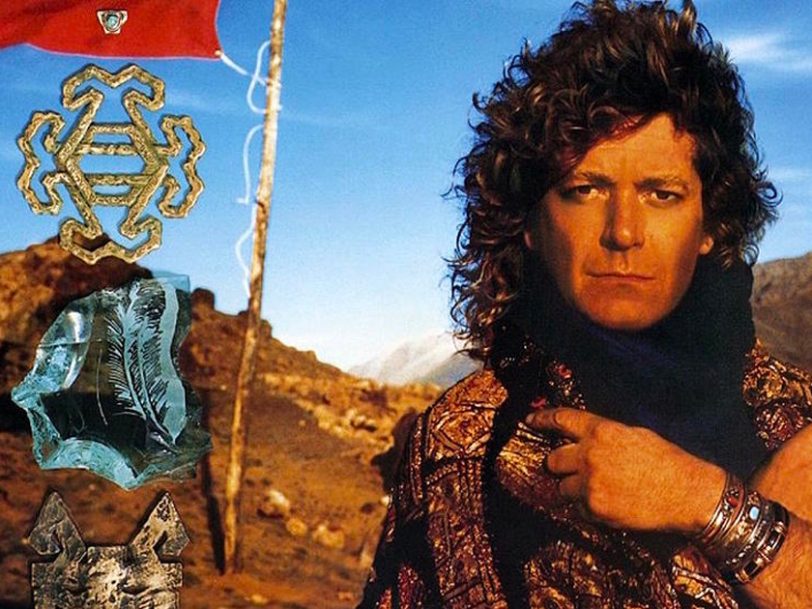Robert Plant’s initial trio of solo albums proved that he could survive – and even thrive – outside of Led Zeppelin. Yet while Pictures At Eleven (1982), The Principle Of Moments (1983) and Shaken ’n’ Stirred (1985) were all well received and made the Top 20 on both sides of the Atlantic, Plant insisted their new wave stylings should bear little resemblance to the music he’d made with his former band – a stance the vocalist felt he could relax a little when he prepared his fourth solo album, 1988’s Now And Zen.
Listen to ‘Now And Zen’ here.
The backstory: “When I got back into the old shoes again, they fit real good”
Plant’s change of heart was primarily induced by some fresh musical collaborators – not least his new keyboardist, Phil Johnstone, whose approach would also go on to influence the harder, rock-influenced records Plant created during the early 90s, such as Manic Nirvana and Fate Of Nations.
“Working with these new people brought about a different perspective of my work up until now,” Plant confessed in an interview with the Chicago Tribune in 1988. “Just sitting down and talking with Phil for several nights, really getting loose about my whole analytical process.
- Best Robert Plant Solo Songs: 20 Essential Post-Led Zeppelin Tracks
- ‘Raise The Roof’: Behind Robert Plant And Alison Krauss’ Triumphant Second Album
- Best Led Zeppelin Albums: Their Complete Studio Discography, Ranked And Reviewed
“His input was great,” Plant furthered of his new collaborator, “because he comes from the punk era, and yet he has a great love of classic pop music. So as a musical entity, he is very strong, and yet a little aggressive and crazy, which is what I desperately need.”
Johnstone also encouraged Plant to make peace with his illustrious past while working on the songs for Now And Zen. Sequenced as the album’s final track, the intriguing
White, Clean And Neat proved to be something of a catalyst in this process.




